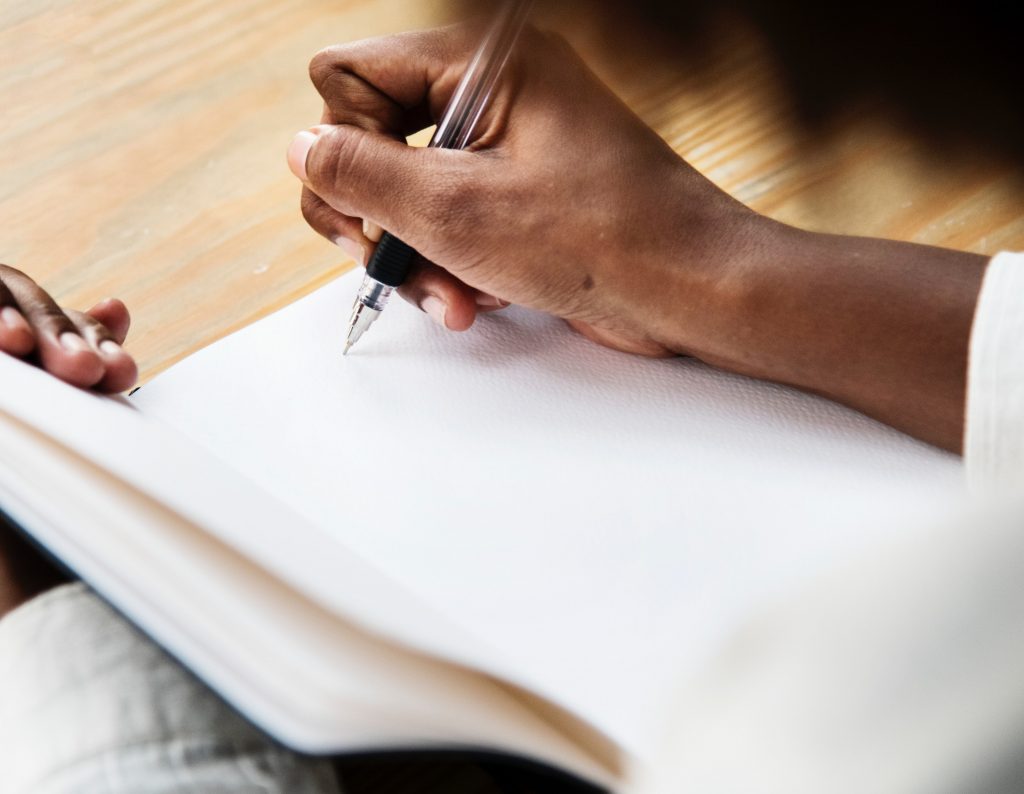Check your…
- Body:
- Check your Iron: If your iron is low the neurotransmitters (essential to memory) in your brain and body are not able to function properly, which results in a lack of memory.
- Control your Cholesterol: Cholesterol levels play a big role in the body’s circulatory system. Too much cholesterol can cause a plaque build-up in your system slowing down the blood and oxygen getting to your brain. When this occurs the brain is not getting enough nutrients in order to function properly which can lead to poor memory.
- Have an Apple: Apples contain antioxidants, a chemical that your body slows its production as you get older. Eating an apple gives the neurotransmitters a boost in increasing your ability to retain information and preserve your memory.
- Increase your Heart Rate: Good physical activity such as walking, jogging, or anything that has you breaking a sweat can over time increase your brain volume and white matter in an area specific to attention and memory processing.
- Mind:
- Refresh Your Mind: Stress has the ability to damage cells. This affects your ability to retain information over time. With simple meditation or mindfulness, you can reduce your stress and save those cells and your memory.
- Believe: Stop worrying about being forgetful, be confident. Any negative talk towards your memory is creating stress on your body, brain and cells. Stress actually decreases your ability to retain information!
- Train your Brain: Doing activities such as crosswords, word search, solving riddles, etc. are all activities that exercise your brain and help memory.
- Environment:
- Turn Off Background Noise: When there are distractions in the environment this requires you to multi-task (remembering something while excluding the noise). If possible, reduce the background noise to be able to focus all your attention on what you would like to remember
Write it Down
When having a poor memory it is always helpful to write down your thoughts or important events. You can do this by having index cards or a calendar.
- Use index cards for writing reminders. (They’re cheaper than sticky notes and easier to process!)
- Keep index cards in handy places like your car, your briefcase, the bedside table, or wherever you might think of something you need or want to do.
- Every time you think of something you should or want to do, write it down. One item per card – so you can easily put the reminder where you need it. For example, your calendar, your shopping list, give to your spouse, etc.
Technology
Today technology can do so many wonders including helping you remember. Cellphones, iPhones, and tablets: Cellular devices and smart technology can be extremely helpful for your memory. On many of these devices, you can find notepads, calendars and some even give you reminders when asked. For example, the iPhone has the ability to hear and record your voice along with the instruction you are giving it. I could tell the phone “Remind me that I have an appointment at 5 pm”. At 5 pm that day an alarm will go off with the reminder. Further, video Games and Computer Games: In regards to your memory, activities, like solving puzzles and increasing your concentration. Also, it helps to get your brain and mind working. Some games are specifically designed to increase cognitive ability. It is like physical exercise for your brain in order to increase attention, thinking, and memory.
Repeat, Repeat, Repeat, Repeat
It has been proven that repetition increases learning and the likelihood that you will remember something. In a study by Psychologists Catherine Fritz and Peter Morris a group of 9 students had to remember each other’s name through a repetition activity. By the end of the activity the college could retrieve 75% of the names they had learned after 30 minutes, 40% two weeks later, and 27% 11 months later! As a result, when wanting to remember something, the more it is repeated the better chance you have to remember it!


